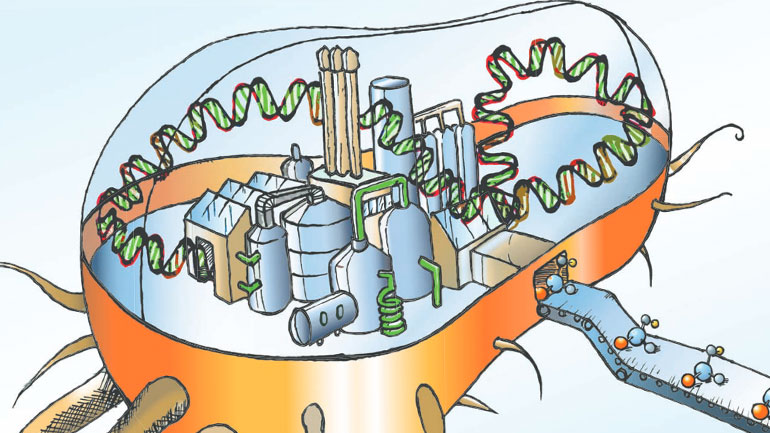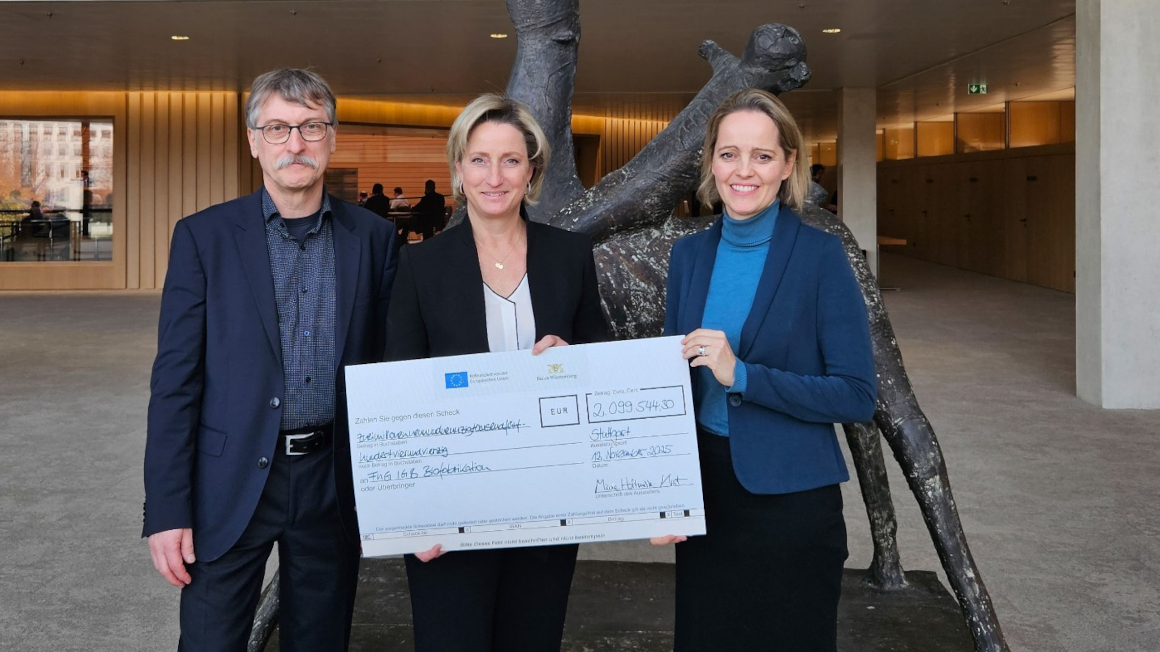In 2012, the Swedish Science Council for Environment, Agriculture and Spatial Planning (Formas) commissioned the government and, in collaboration with the Swedish Energy Agency and the Academy of Innovation, published a national bioeconomy strategy, the "Swedish Research and Innovation Strategy for a Biobased Economy".
According to the strategy, negative effects on the climate and the consumption of fossil raw materials are to be minimized through the sustainable production of biomass. Opportunities exist, for example, in the transport, automotive, construction and chemical industries. The natural resources of Sweden and the existing agricultural and forestry industry are regarded as a good basis for this. In terms of research and development, the focus will be on replacing fossil resources with renewable raw materials - for example with plants with improved properties, biorefineries or the use of other ecosystems such as the sea.
One of the most important Swedish biorefinery initiatives is SP Processum AB. It started in northern Sweden in 2013. It uses wood as a raw material for various products in the chemical industry. Another important bioeconomy player in Sweden is the paper industry. A number of biotechnology companies with enzyme expertise have already concentrated on recycling their waste products and are now setting up the first industrial scale pilot plants.


